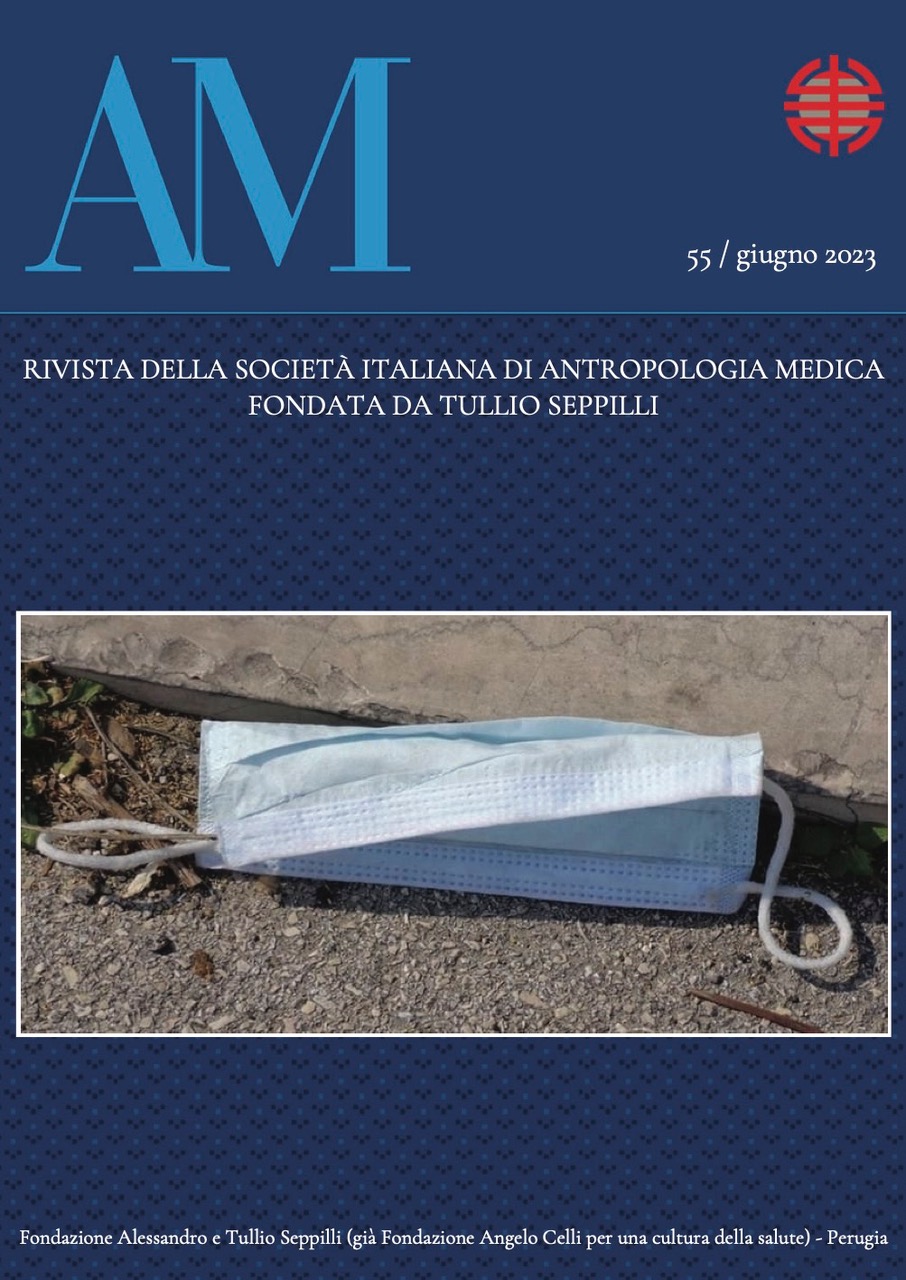Abstract
The Land’s Remorses. Reading Ernesto de Martino in the Time of Pandemics, Fires, and Wars: An Exercise of Anthropological Imagination
Living in times of catastrophes, as Stengers writes, among the ruins of capitalism, as Tsing observes, requires an exercise of anthropological imagination. It is within this horizon that the reading of Ernesto de Martino, and of the unique way in which he intertwined the analysis of cultural and psychopathological apocalyptic, can offer decisive cues for thinking about the risk and the feeling of anguish that loom over our planet today. Starting from the recent re-edition of De Martino’s works, some of his major concepts are here connected with other theoretical perspectives which, even if coming from other epistemological regions, nevertheless intend to carry out the same, project: to promote effective responses to the crisis. After all, taking care of territories injured by contamination or voracious extractivism, protecting the beings (human and non-human persons) who inhabit them, fighting against the temptation to abdicate, is the task of every authentic cure, and of culture in its deepest and most profound sense.
I rimorsi della Terra. Leggere Ernesto de Martino tra pandemie, incendi e guerre: un esercizio di immaginazione antropologica
Vivere al tempo delle catastrofi, come scrive Stengers, fra le rovine del capitalismo, come osserva Tsing, impone un esercizio di immaginazione antropologica. È dentro questo orizzonte che la lettura di Ernesto de Martino, e del modo unico in cui ha intrecciato l’analisi delle apocalittiche culturali e di quelle psicopatologiche, può offrire spunti decisivi per pensare il rischio e il sentimento di angoscia che oggi incombono sul nostro pianeta. A partire dalla recente riedizione delle opere demartiniane, alcuni dei suoi maggiori concetti vengono qui messi a confronto con altre prospettive teoriche che, pur all’interno di altre regioni epistemologiche, intendono tuttavia percorrere realizzare lo stesso, irrinunciabile progetto: realizzare efficaci strategie di risposta alla crisi. Dopo tutto, occuparsi di territori feriti da contaminazioni o pratiche estrattive voraci, occuparsi degli esseri (umani e non) che li abitano, lottare contro la tentazione di abdicare, è il compito di ogni cura autentica, e della cultura nel suo senso più profondo e radicale.


